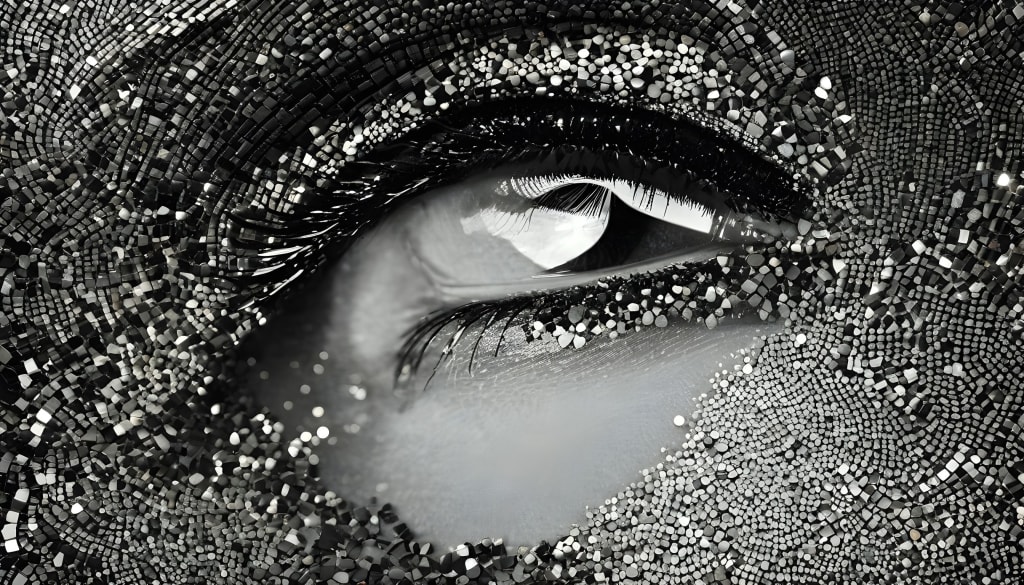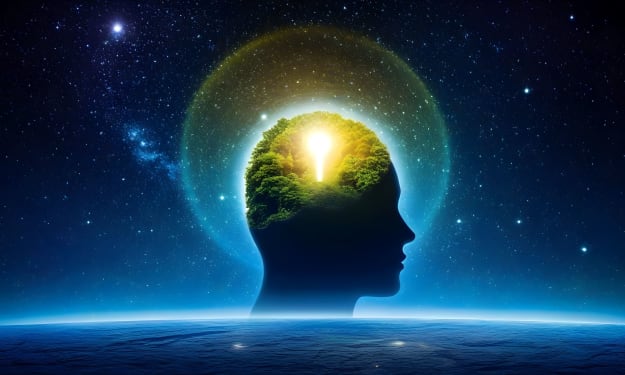Truths and Untruths: Navigating Human Deception
Why do we lie?

In the intricate landscape of human behavior, lies weave a complex tapestry. An experiment by behavioral economist Dan Ariely revealed the unnerving truth: most of us lie, and we do it often.
Picture this: you're handed math problems and given a tight deadline. Solve as many as you can in five minutes, get paid for each correct answer. But here's the kicker—you report your score, shred your paper, and walk away with cash. The catch? The papers weren't truly destroyed, allowing researchers to catch the liars red-handed. Surprisingly, 7 out of 10 people cheated.
It’s intriguing how we lie—a calculated deception, not an outright fabrication. We tell just enough to gain an advantage without raising eyebrows. And don't we all do it? From casual white lies to more significant deceptions, lying is woven into the fabric of our daily lives.
In the vast landscape of the internet, fibs and untruths take center stage—a reality we're all pretty aware of. Let's take a moment to think about it, shall we? Have you added a bit to the swirl of little white lies today? It could be as simple as saying you'll catch up or claiming a script's almost done when there's a snippet left. Or maybe it's an email mysteriously diving into the black hole of the spam folder or an exaggerated claim about how much you adore flossing.
These small fibs are just tiny ripples in a sea where bigger, more serious lies swim. Despite our belief in being upright, honest folks, we often find ourselves caught up in a tangled web of deception. It's puzzling, right? As supposedly intelligent beings, why do we find telling the whole, unfiltered truth so darn tricky? This paradox challenges us—does our claim to intelligence hold up if honesty seems like a distant concept?
These questions dig deep, questioning our core. Are we really the top of the intelligence pyramid if truth feels slippery? It's a real head-scratcher. Even though we pride ourselves on being truth champions, our daily moves sometimes say otherwise. In the face of this contradiction, it's crucial to mull over why achieving absolute truth remains a bit of a mystery, despite how smart we think we are.
But why do we lie? Evolution holds a clue. Traits like lying persist for a reason. And boy, are we good at it! Our linguistic ability allows us to verbalize deceit, a skill unmatched in the animal kingdom.
Studies show that lying pervades our conversations. We sprinkle lies—big and small—everywhere. Yet, most lies aren’t malicious. They stem from a desire to protect, to preserve relationships, or even to boost self-esteem. And surprisingly, absolute honesty doesn’t always foster stronger social bonds.
When it comes to lying, context matters. We weigh the value of truth against other goals—happiness, comfort, or sparing someone's feelings. Relationships, in their complexity, push us into a balancing act between honesty and other concerns.
But here’s the kicker: we're terrible at spotting lies. Our default assumption is trust, a survival mechanism that served our ancestors well. In a world where technology amplifies distance, lying gets easier when it's not face-to-face. Yet, getting lied to still stings.
In the animal kingdom, deceit has its limits—cross that line, and you risk isolation. Yet, in our human world, lying persists, a delicate dance between survival, social norms, and personal integrity.
But there’s a glimmer of hope. When prompted not to cheat, people lie less. It’s the conscious mind nudging us toward honesty. Maybe, just maybe, by harnessing our conscious will, we can steer ourselves away from rampant deceit.
In the end, it’s a choice—a conscious decision to strive for truth, to be honest. It’s a story we tell ourselves, a narrative that, maybe, will help us all lie a little less. And that, in itself, is a powerful tool unique to our species—the ability to shape our actions with the story we believe in.
Lies may linger, but the human quest for truth and integrity is an ongoing saga, one where we navigate the maze of lies in pursuit of a more honest existence.






Comments
There are no comments for this story
Be the first to respond and start the conversation.